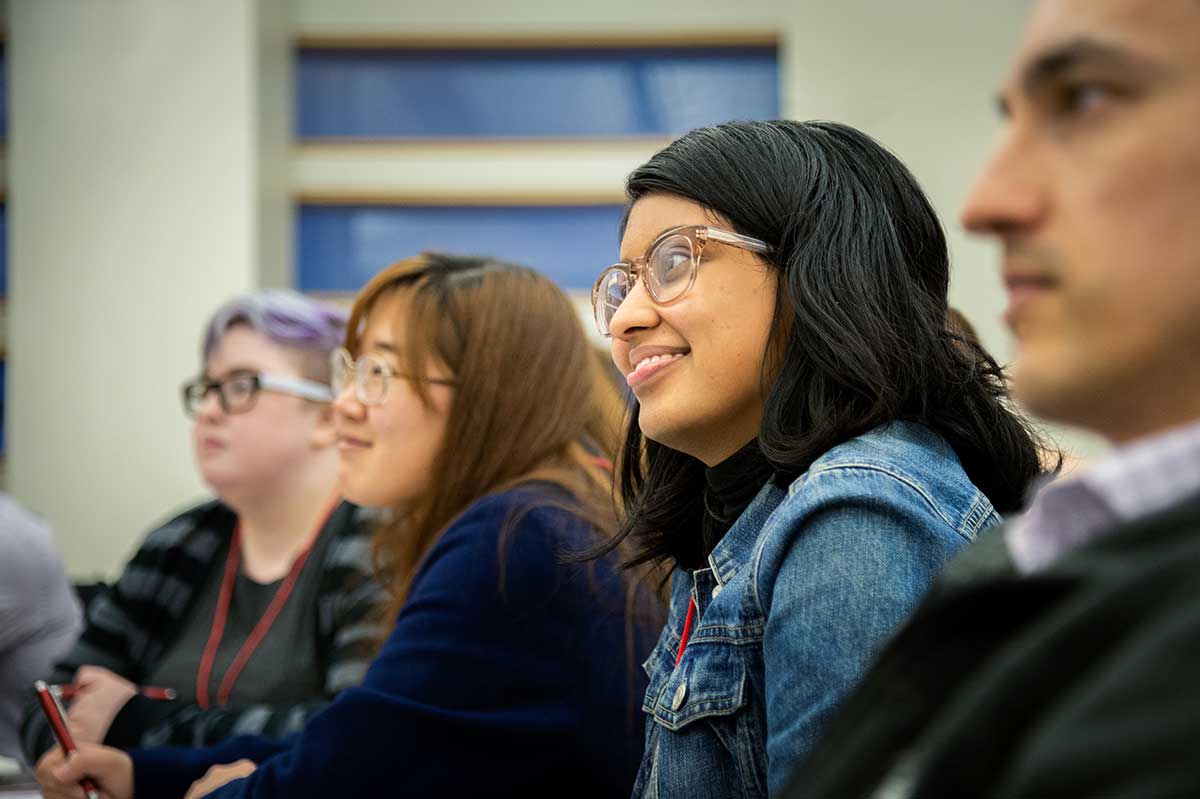
Graduate Certificate in Inclusive Computer Science Education
The Graduate Certificate in Inclusive Computer Science Education will equip you with the skills and knowledge to teach effective and inclusive computer science and computational thinking in classrooms, from pre-K through 12th grade. Gain a solid foundation in technology as you learn to integrate computer science into your teaching, preparing you to be an important part of the future of inclusive computer science education.

Program details
Advance your career
The Graduate Certificate in Inclusive Computer Science Education will prepare you to play an important role in meeting the growing national demand for K-12 teachers with a foundation in computer science. When you complete the program, you will be prepared for leadership roles in curriculum development and implementation for school systems at every level.
Learning outcomes
This certificate will prepare you to:
- Empower learners to create small- and medium-sized computational artifacts that others can read and understand.
- Familiarize students with common computing topics, tools, and methods.
- Instruct learners to use appropriate mathematical principles to solve computational problems, prove correctness, and analyze algorithms.
- Identify and use modern pedagogical techniques, both for dedicated computer science instruction and for instruction that integrates computer science with other subjects.
- Deliver lessons that support student learning across multiple grade bands.
- Engage in self- and peer-evaluation to improve and develop as an educator.
Campus location
-

Portland
The collaborative nature of Northeastern’s Roux Institute in Portland connects students with corporate and governmental power players across the Northeast, and beyond.
Applications and admissions
How to apply
Our Graduate Certificate apply page has everything you need to know about applying to the Graduate Certificate in Inclusive Computer Science Education at Khoury College, including:
- Admissions requirements
- Deadlines
- Resources and contact information
Program costs
Visit Student Financial Services for current tuition and fee information, as well as find tools and calculators to help you estimate what your program might cost.
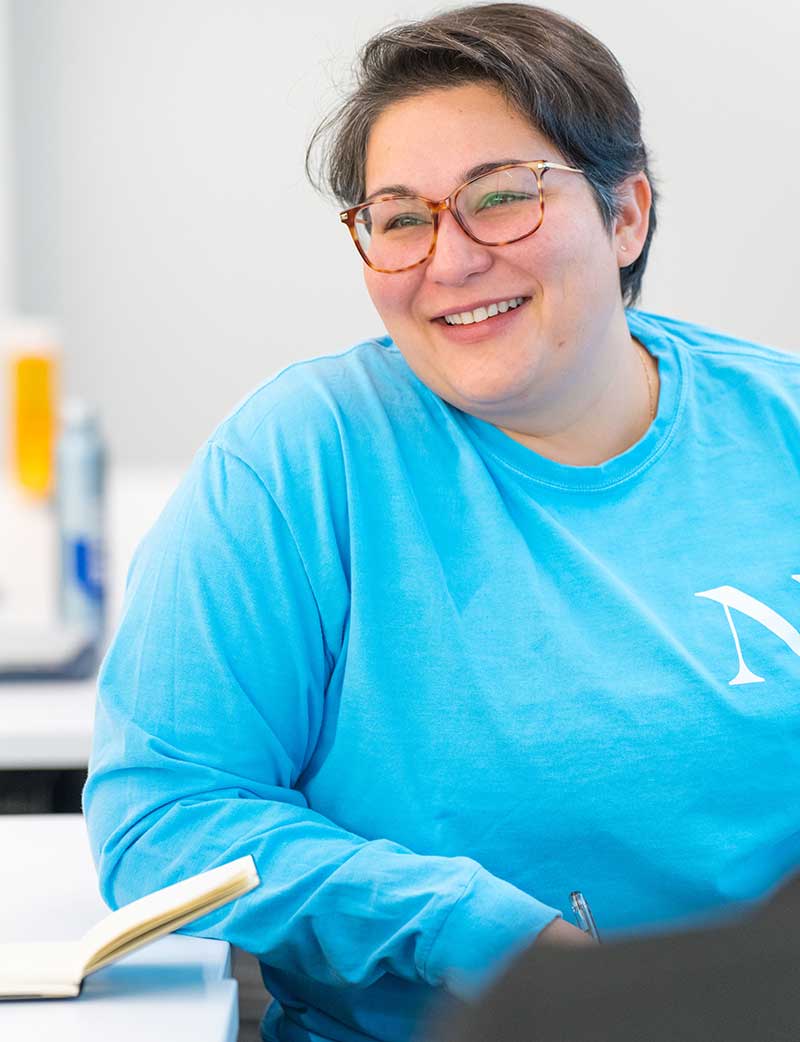
Deadlines
August 1
Fall domestic student application deadline
December 1
Spring domestic student application deadline
Request information
Complete this form to learn more about the Graduate Certificate in Inclusive Computer Science Education. One of our enrollment counselors will contact you soon.
Meet our faculty
Get to know the engaged, experienced professors who are here to support you every step of the way.
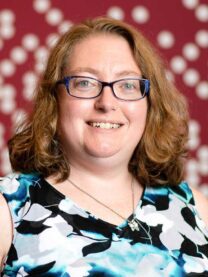
Lindsay Jamieson
Lindsay Jamieson is a teaching professor and associate dean of teaching faculty at Khoury College, and a member of the executive committee for ACM-W North America. She researches algorithms and theory, and also investigates K-12 computer science education, which intersects with her interest in supporting women’s full participation in computer science.
Break into tech without a computer science background
If you don’t have a background in computer science, then the our Align MS programs might be for you. This program offers a direct path to a master’s degree — with no prior experience required.
Related programs
-

Cybersecurity Graduate Certificate
The Cybersecurity Graduate Certificate will introduce you to the basic principles of securing computer and information systems — laying the groundwork for a promising cybersecurity career.
-
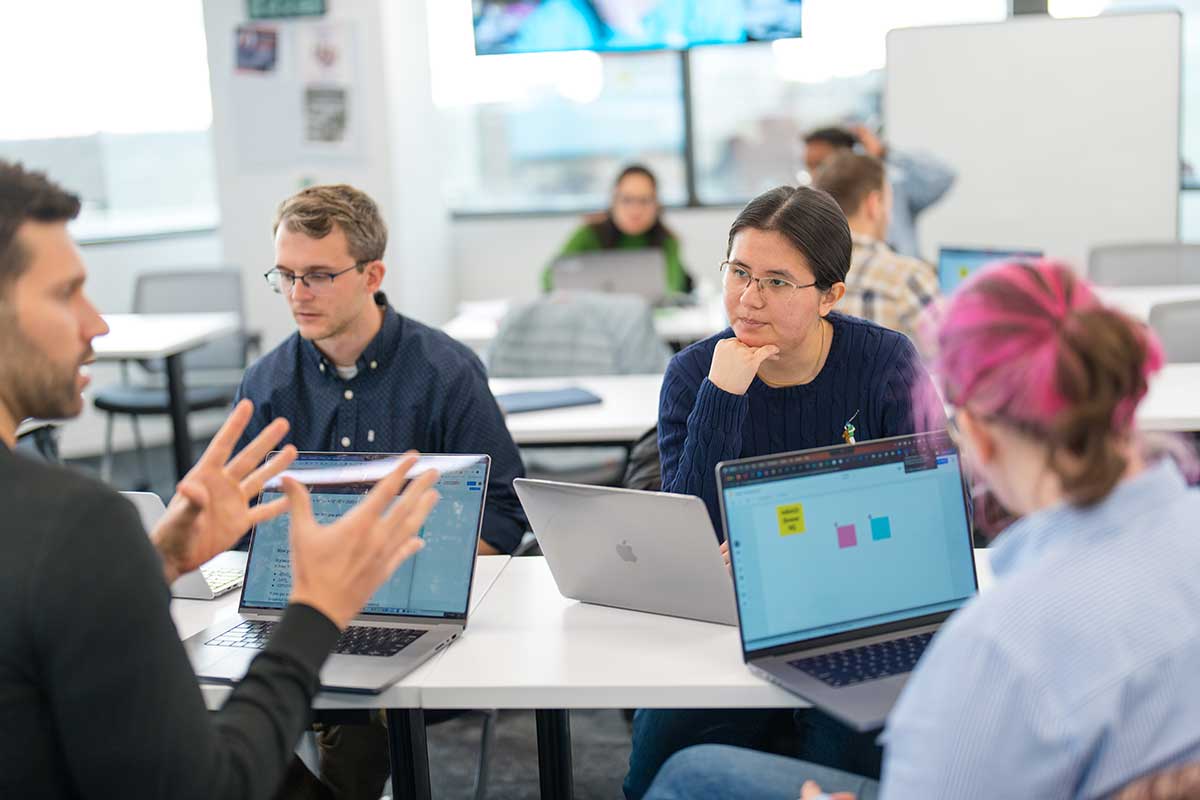
Data Analytics Graduate Certificate
The Data Analytics Graduate Certificate provides a strong foundation in data analytics while preparing you for success in a range of careers and master’s programs.
-
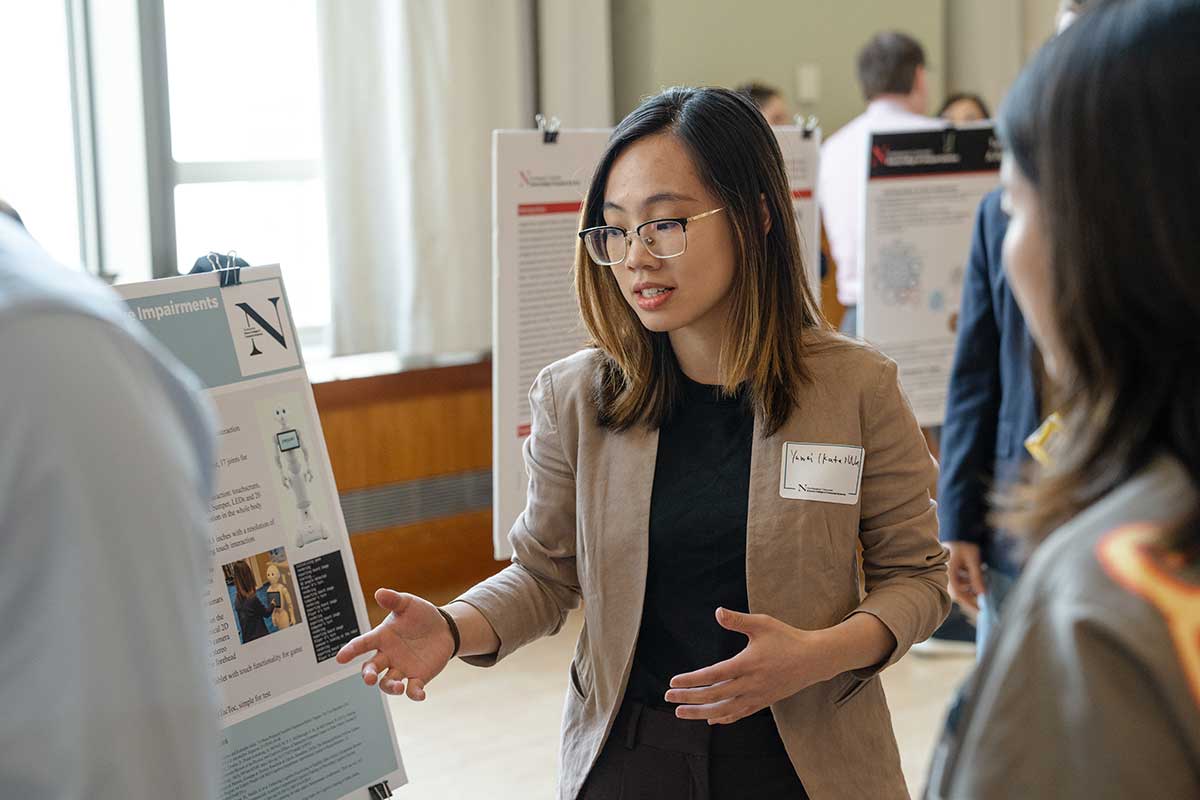
Health Informatics Management and Exchange Graduate Certificate
The Health Informatics Management and Exchange Graduate Certificate offers high-quality, specialized training that applies to a range of health informatics fields.